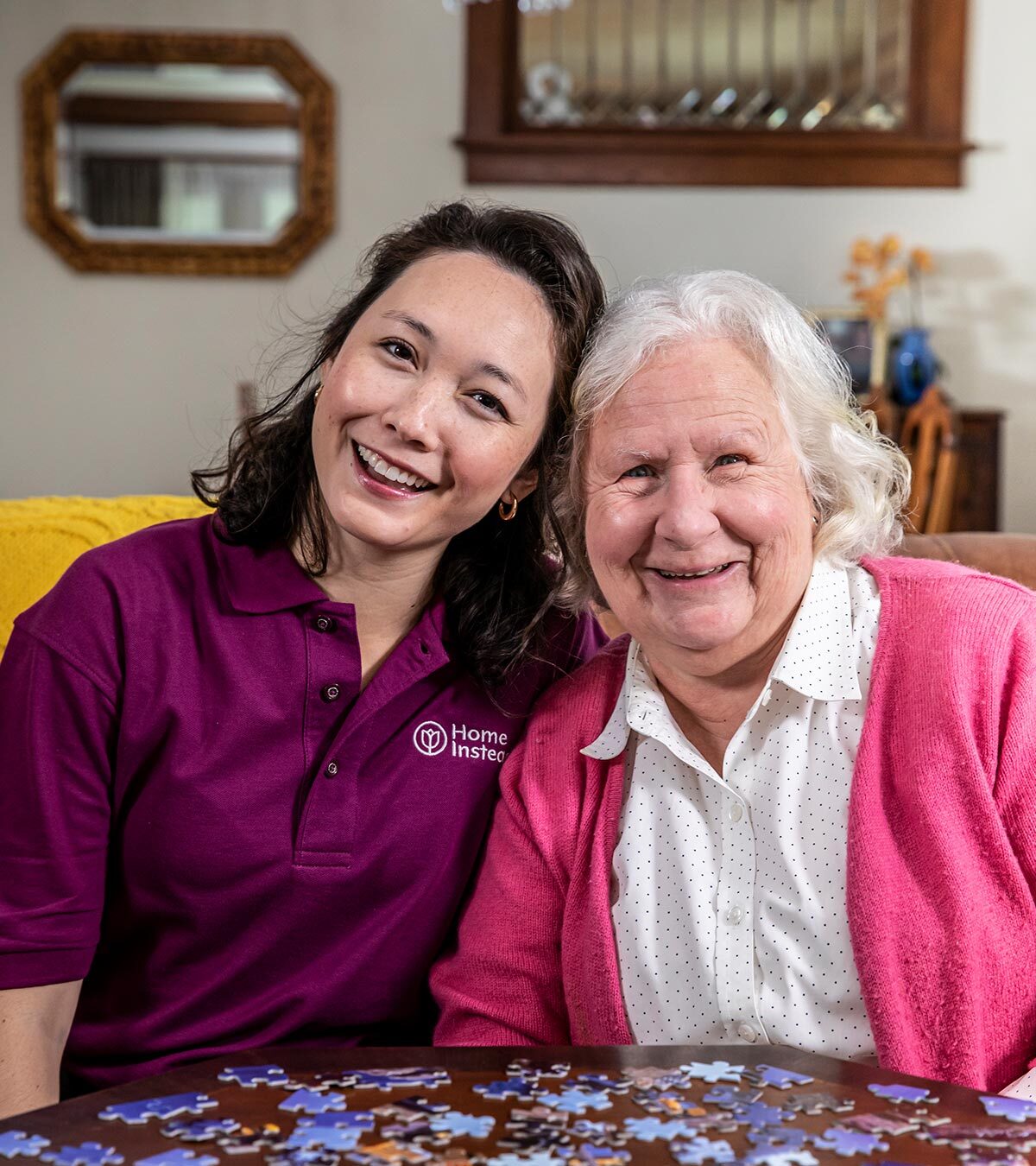There are multiple types of senior assistance options available, each catering to different requirements. In-home assistance solutions allow seniors to receive help in their personal residences, which can include assistance with everyday tasks such as hygiene, meal preparation, and pharmaceutical management. Supportive living facilities provide a more shared living setting, offering assistance with daily activities while allowing residents to maintain a degree of independence. For those with more complex healthcare requirements, skilled nursing homes provide comprehensive care, featuring 24-hour medical oversight. Understanding these choices is crucial for families to decide what type of assistance most suits their family members.
The expenses associated with elderly assistance can vary significantly based on the type of service chosen. In-home assistance services may bill hourly rates, which can accumulate rapidly depending on the number of hours needed each seven days. Supportive living communities typically have monthly charges that include accommodation, food, and basic care services. Skilled nursing homes often have elevated expenses due to the comprehensive healthcare assistance offered. It is important for families to investigate and contrast prices, as well as to consider any extra charges that may not be factored in the starting cost.
Financing elderly assistance can be a complex process, but there are multiple options available to assist handle these expenses. Many families depend on personal savings or revenue from pension accounts read this to pay for expenses. Extended care coverage is another choice that can provide monetary support for various types of elderly assistance. Additionally, state programs such as Medicaid may provide assistance for those who meet criteria based on financial status and need. Comprehending these financial resources can assist families make more knowledgeable choices about their care options.
Preparing for senior care should start early, as this can help reduce some of the financial stress down the line. Relatives are urged to have honest conversations about care choices and financial capabilities. Establishing a financial plan that details potential expenses and available options can also be helpful. By making preemptive steps, relatives can more effectively navigate the complex financial terrain of elderly care options, ensuring that their loved ones receive the care they require while handling costs efficiently.
